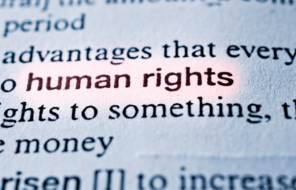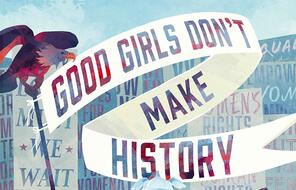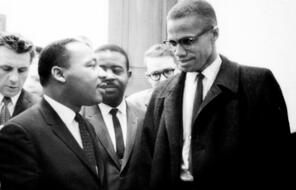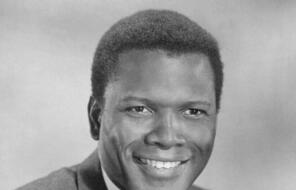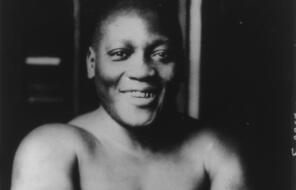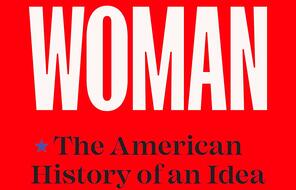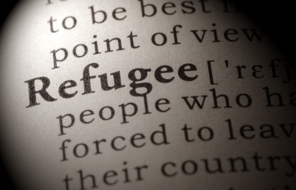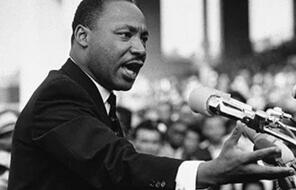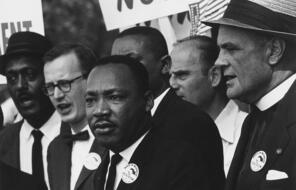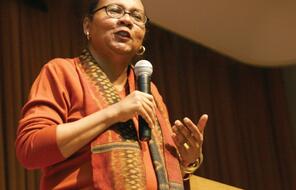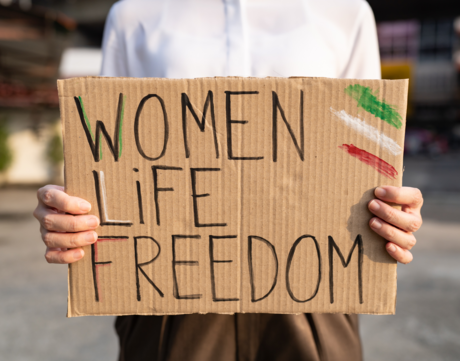
Women's Power in the Struggle for Freedom and Equal Rights
“Democracy is a universally recognized ideal based on common values shared by people across the world, irrespective of cultural, political, social and economic differences. As recognized in the Vienna Declaration and Programme of Action, democracy is based on the freely expressed will of the people to determine their own political, economic, social and cultural systems and their full participation in all aspects of their lives. Democracy, development, rule of law and respect for human rights and fundamental freedoms are interdependent and mutually reinforcing.”
- United Nations, Office of the High Commissioner for Human Rights
The principles of democracy insist on, especially from a twenty-first century perspective, the inclusion of all people, regardless of gender, race, sexual orientation, or ability. And yet governments around the world have a history of barring certain classes of people from being heard, seen, and fairly represented. Throughout history this has been especially true for women. And yet, despite repeated and ongoing attempts to sideline women in society, there has always been a consistent female force, fighting for freedom, equality, and democratic ideals.
For example, Chilean women who lived during Pinochet’s dictatorship were under the threat of constant danger, but they resisted by creating dissident art and forming the Moviemento Pro Emancipación de la Mujer. The Turkish coup of 1980 inspired a feminist movement that existed in open rebellion. They decried their loss of freedom and organized mass protests, including a 1987 march against gender-based violence. And here, in the United States of America, one of the oldest modern democracies in the world, it took a staggering 144 years for women in the US to be granted suffrage with the passage of the 19th amendment in 1920. It would take 45 more years for the Voting Rights Act of 1965 to be passed before Black women gained full access to the vote. But the right to vote was not just granted to women—they had to fight for it.
There are endless examples of “the fairer sex” doing anything in their power to be seen as the equal sex—these examples are a testament to women's impact on society, government, and history. As we celebrate Women’s History Month in March, Facing History has curated a list of resources to showcase female upstanders who have fought for freedom, human rights, and promoted the principles of democracy, even under oppressive regimes and laws restricting them from representation.
The American Revolution and Challenging the Ideals of a Fledgling Democracy
Elizabeth Freeman
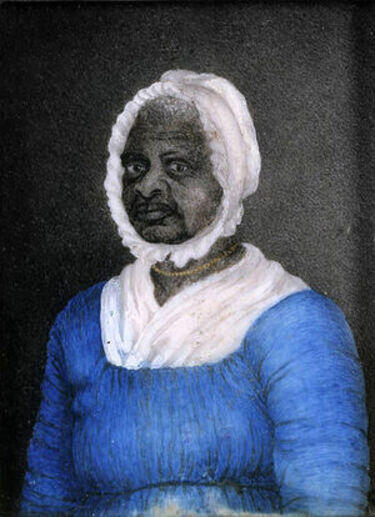
Elizabeth Freeman
Entering the world as Mum Bett in the mid-sixteenth century, Elizabeth Freeman was born into slavery. As the white men around her—and notably her enslaver, Colonel Ashley—spoke of rights and freedoms amidst the creation of the Declaration of Independence and war with England, the idea of her own freedom took root. Freeman acquired legal representation in Massachusetts and sued for her right to be free. She became the first African American to win her freedom from the courts in Massachusetts, leading to abolition of slavery in that state.
Learn more about Freeman’s life from the National Women’s History Museum and from the New-York Historical Society.
Judith Sargent Murray
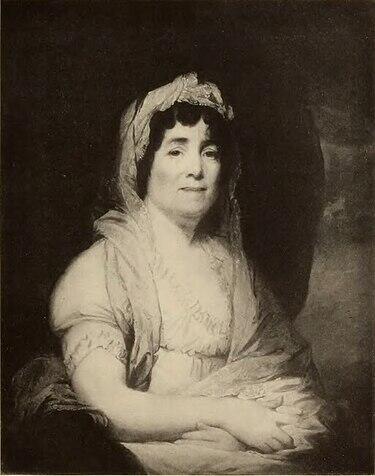
Judith Sargent Murray
Born into a wealthy family in 1751, Judith Sargent Murray was curious and intelligent, but was not permitted to attend school because of her gender. Undeterred, she turned to her family’s extensive library and became a self-taught intellectual and writer. Murray was a radical (at the time) advocate for white women’s rights, declaring that men and women held equal ability if given equal access to education. Murray penned her first essay, “On the Equality of the Sexes,” in 1770—it was finally published 20 years later.
This Facing History Reading, included in our US History Curriculum Collection, excerpts “On the Equality of the Sexes” and offers questions and exercises for deeper reflection and connection to the text. The entire essay can be found here.
Learn more about Murray’s life from the National Women’s History Museum.
Suffragettes and the Right to Vote
Frances Ellen Watkins Harper
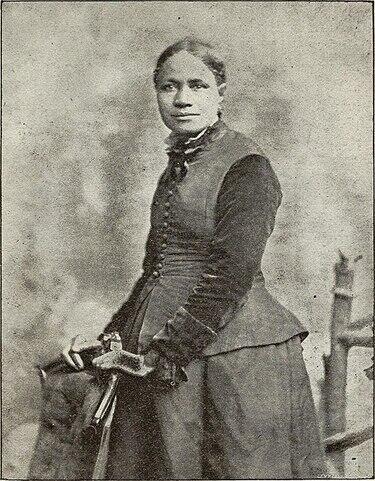
Frances Ellen Watkins Harper
In 1825 Frances Ellen Watkins Harper was born to free African American parents. Following the death of her parents, she was raised by her aunt and uncle, the latter of whom was an impassioned abolitionist. As a young adult she was mentored by her uncle’s friend William Still known as the “father of the Underground Railroad.” Harper then became a strong voice in the anti-slavery movement and a fierce supporter of women’s rights, publishing works based on these ideals and delivering speeches across the country.
This Facing History Reading excerpts one of her most famous speeches and offers connection questions for deeper learning.
Learn more about Harper’s life from the National Women’s History Museum.
Emmeline Pankhurst
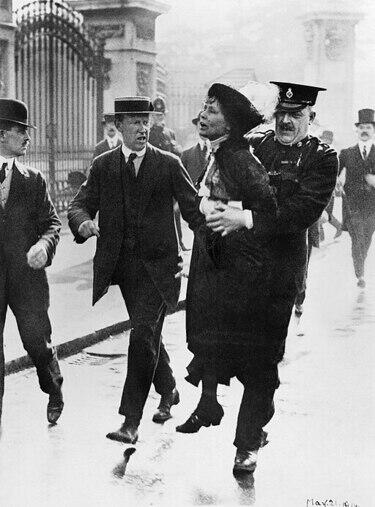
Emmeline Pankhurst
It is perhaps no surprise that Emmeline Pankhurst became among the most influential suffragists in Great Britain. Born in 1858, she was raised by parents committed to the full expansion of rights to women. She went on to found the Women’s Franchise League and later the Women's Social and Political Union (WSPU) whose famous slogan was “Deeds not Words.” Pankhurst threw her body and mind into the suffrage cause including participating in a hunger strike and being jailed on multiple occasions for her provocative protests.
This Facing History Handout on Women in Edwardian Society includes excerpts from Pankhurt’s “Freedom or Death” speech and offers a wide range of connection questions.
Learn more about Pankhurst’s life from the National Park Service.
The Pursuit for Civil Rights and Racial Equality
Anti-Apartheid Movement
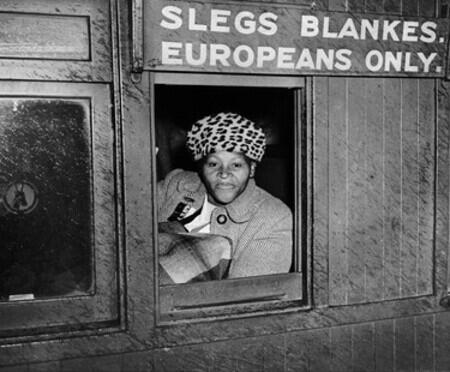
Anti-Apartheid Movement
Apartheid is an Afrikaans word meaning “apartness.” South Africans abolished slavery in 1834, but the colonial influence on the country made segregation the de facto state. It wasn’t until the National Party, which ran on a platform of Afrikaner nationalism, won the 1948 South African election that segregation was codified by law. One way that Black women in South Africa pushed back on segregationist policies was to protest the limitations placed on the free movement of Black Africans in the country. The 1950s saw the formation of the Federation of South African Women. In 1956 this grassroots movement enjoined a crowd 20,000 strong to march to Pretoria.
Facing History’s Confronting Apartheid Collection provides a comprehensive set of lessons to explore critical moments in South Africa's history. This collection includes the Reading: Women Rise Up Against Apartheid and Change the Movement.
Mamie Till-Mobley
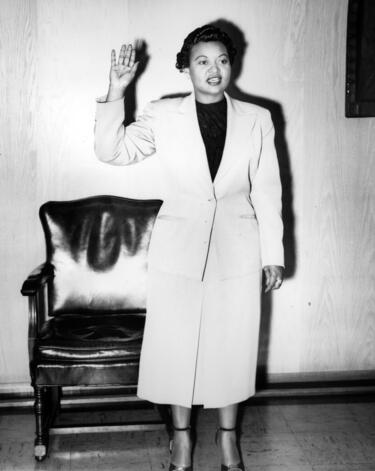
Mamie Till-Mobley
Mamie Carthan was born in Mississippi in 1921, but as a toddler she moved just outside of Chicago, Illinois with her parents. On July 25, 1941 she gave birth to her only child, Emmett Till. In the summer of 1955, when Emmett was 14, Mamie dropped her son off at the train station in Chicago to go visit her Uncle Moses’s farm in Mississippi and spend some time with family. He never came home. On August 28 Emmett was brutally murdered by a group of white men, led by the husband of a shopkeeper who was incensed that the young boy had allegedly whistled at his wife. The horrific death of her son, and the subsequent acquittal of Emmett’s murderers, resulted in Mamie Till-Mobley’s emergence as a leading activist for the civil rights movement.
Facing History’s “I Wanted the Whole World to See”: The Murder of Emmett Till Unit includes the following moving accounts of Mamie Till-Mobley as a mother and a civil rights pioneer.
Reading: “I Knew I Had to Give Him the Talk”
Lesson: "A Rallying Cry and a Cause"
Today’s Global Advocates for Human Rights
Anti-War Sudanese Organizers
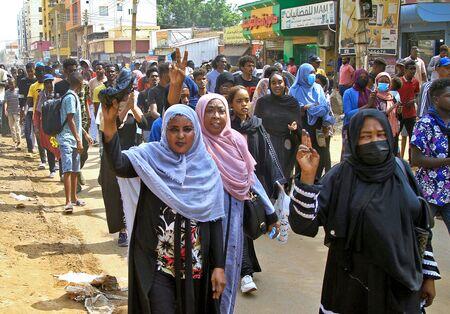
Anti-War Sudanese Organizers
During the 30 year rule of President Omar Hassan al-Bashir, Sudanese women came out multiple times to protest the abhorrent treatment of women under his regime, often in open defiance of their family or the law. In 2019 it was estimated that two-thirds of Sudanese protesters were women. The military coup d'état in 2019 prompted the current devastating civil war between rival factions in Sudan, and again women face the biggest obstacles among the violence. Almost 90% of Sudanese people seeking refugee status in neighboring Chad are women.
Learn more about the plight of Sudanese women today in these articles from Al Jazeera and the Norwegian Refugee Council. A look at the freedom and peace efforts of Sudanese women can be seen in these reports from the Christian Michelsen Institute and ReliefWeb.
Protest against the Islamic Republic of Iran's Regime

Protest against the Islamic Republic of Iran's Regime
The 2022 arrest and death of Kurdish Iranian woman Mahsa Jhina Amini at the hands of Iran’s morality police has led to what some are calling a new Iranian Revolution. Since Amini’s death the people of Iran—including a flood of girls and women who have risked the same fate—have crowded the streets to demand an end to the brutal tactics and oppressive laws of the theocratic, dictatorial government. Even as the street protests have decreased, Iranian women continue to fight back through acts of civil disobedience including not following the strict veiling regulations or opting to go out publicly without a hijab altogether. The protest call of “Zan, Zendegi, Azadi” (Woman, Life, Freedom - shown above in Kurdish) continues to galvanize the movement, garnering support and participation from Iranians of all backgrounds in Iran and abroad.
Learn more about the Iranian women mobilizing government resistance in these articles from Ms. and the Wilson Center. These quotes collected by Women’s Voices Now provide an inspirational glimpse at some of the individuals pushing for change.

